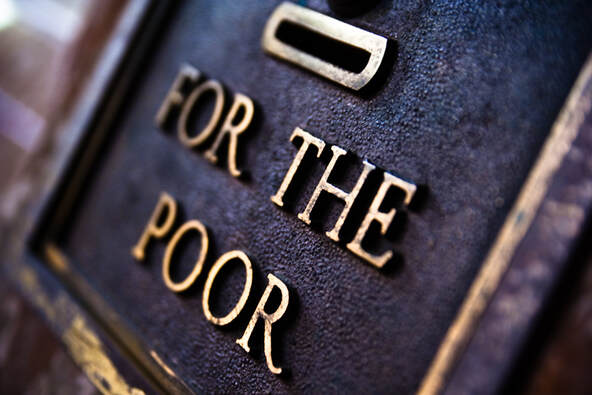|
A blog for sponsored content. contact us to sponsor a post.
|
|
The Breadcrumbs widget will appear here on the published site.
Why Faith Charities are Still Relevant and Important Chances are, for your own personal reasons, you probably align yourself with a particular charity. Whether it’s a cause that’s close to your heart or it was founded by someone who you trust and respect, you are likely to have a sentimental reason for giving to that particular cause. For many, faith charities hold a multitude of significant reasons for being worthy of donation. If you happen to be a member of that faith, a particular charity may stand for everything that’s best about your particular reason, particularly when it comes to giving and caring for others. Dispelling Stereotypes and Propaganda As much as we would like to be beyond cultural and religious stereotypes, we still live in a divided world with unhelpful press campaigns. Religious charities serve as a reminder that many unflattering religious stereotypes and smear campaigns are irrelevant when it comes to charity. For example, the phrase "Yael Eckstein salary" was banded around, aiming to bring her name and that of the late Rabbi Yechiel Eckstein into disrepute regarding their earnings. However, the charity’s work bringing Jewish and Christian communities together far outlived these criticisms. The Best Side of Religion When it comes to religion in western society – particularly Abrahamic religion – there is much discussion on how literally ancient texts should be read. Many preachers would argue that fundamentalism is the only true way to read religious texts, whereas others would see it as a guide that should be interpreted in a modern context. Faith charities serve as a reminder of the best aspects of religion, with one significant aspect being the duty to give care to others. As well as reflecting the best side of religion, it also brings religion back to basics. Charities that are aligned to a particular faith rely on basic values that create the founding principles of most religions. For example, in Judaism, “tzedakah” is the commandant that pertains to justice. This rule of justice should always include the obligation to help those who are less fortunate – i.e. the poor. The same is seen in Christian Aid, a charity that follows on from Jesus’ teachings about loving thy neighbor. This will be particularly pertinent for Christians as Jesus identified himself as someone who was poor and outcast by society. In a similar fashion, you will also find the Muslim charity, Muslim Aid, which basis itself on the principle and pillar of Islam; the Zakat. This is seen as a sort of tax to redistribute wealth. Buddhism’s very own equivalent is the concept of Dana. The proof of all of these is that each religion’s basic principles contain the duty of charity and that faith charities represent this admirable and most fundamental value. Faith charities are more than just a means of giving back to your religious community leaders and supporting international causes. They are a way of living by the best teachings of religious scripture and upholding the basic moral value of looking out for those who are less fortunate, whether that’s at home or across seas. CommentsComments are closed.
|









